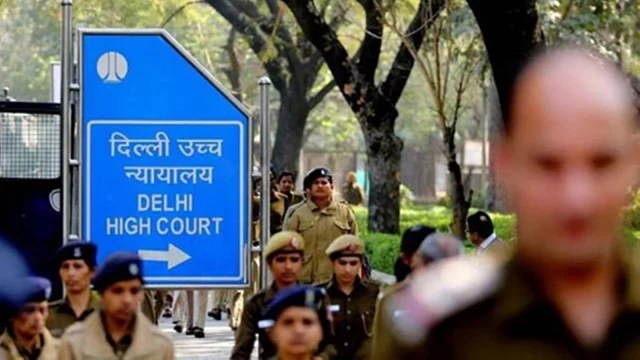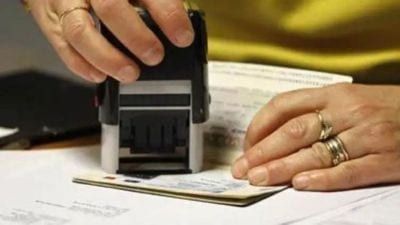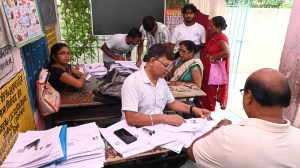Delhi High Court dismisses plea seeking removal of IVR from Emergency helpline number 112
On the submission that the time taken in placing a call at the Emergency Helpline No 112 through the IVR takes five seconds if the caller is serious and presses ‘8’, the High Court said that this time taken cannot be termed "unreasonable".
 The HC observed that the system in place is "best in the current scenario even though it may not be perfect" and maybe after the current system has stabilised, the need for IVR may not remain. (File photo)
The HC observed that the system in place is "best in the current scenario even though it may not be perfect" and maybe after the current system has stabilised, the need for IVR may not remain. (File photo)The Delhi High Court recently dismissed a public interest litigation petition seeking a direction to the Commissioner of Police to remove the Interactive Voice Response (IVR) and other computer-generated voice prefixed in the Emergency Helpline number 112.
A caller, on dialling the Emergency Helpline number 112, immediately hears the IVR, which asks them to press the number ‘8’; and if the call has been placed intentionally, the caller upon pressing ‘8’ is immediately connected to the operator. The IVR message plays out for five seconds and upon pressing ‘8’ the caller is connected.
A division bench of Acting Chief Justice Manmohan and Justice Manmeet Pritam Singh Arora in its March 20 order took note of the submissions made by advocate Santosh Kumar Tripathi, who appeared for the Commissioner, that the IVR system acts as a “filtration” for “unintentional calls” placed on Emergency Helpline number 112.
Tripathi had explained that if the caller does not press ‘8’ for up to nine seconds after the IVR message is played, the call disconnects and is not received by the operator.
The unintentional calls include “pocket dials and automatic dials” from the mobile handsets, he had stated. Tripathi had illustrated that in view of the Nationwide operation, 8.2 to 8.5 lakhs calls hit Emergency Helpline number 112 Delhi system on a “daily basis”. He stated that out of these, only 16,000-18,000 calls are by “intended callers” who consciously press ‘8’ on the IVR and therefore “97.5 percent of the total calls” do not even press ‘8’ and are filtered out at the IVR stage.
“We are of the considered opinion that the data placed by Respondent shows an alarming rate of unintentional or prank calls received at Emergency Helpline number 112. We find merit in the submission of the Respondent that receiving 8.5 lakhs calls as against the intended 18,000 genuine calls could lead to a breakdown of the system and lead to neglect of the genuine caller. In view of the population of the country and the large number of mobile handset users in the country the figures submitted by the Respondent appear to be correct,” the High Court said.
On the submission that the time taken in placing a call at the Emergency Helpline No 112 through the IVR takes five seconds if the caller is serious and presses ‘8’, the High Court said that this time taken cannot be termed “unreasonable”.
It thereafter observed that the system in place is “best in the current scenario even though it may not be perfect” and maybe after the current system has stabilised, the need for IVR may not remain.
Finding no grounds to issue directions, the court dismissed the plea.
The petitioner, Ganga Saran, had argued that the IVR is disabling the public at large to connect with the emergency helpline during any kind of contingency.
The petitioner submitted that IVR runs for a few seconds and requires the caller to press ‘8’ in order to lastly connect to the operator and in case of failure to press ‘8’, the call gets automatically disconnected. The petitioner had also stated that every call on Emergency Helpline number 112 is required to be entertained and no filtration mechanism like the IVR can be put in place.







